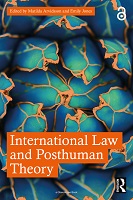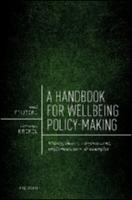London School of Economics and Political Science
The London School of Economics and Political Science
London School of Economics & Political Science
London School of Economics
LSE
| dc.date.accessioned | 2021-01-24T00:51:25Z | |
| dc.date.available | 2021-01-24T00:51:25Z | |
| dc.identifier.uri | https://directory.doabooks.org/handle/20.500.12854/8053 | |
| dc.type | grantor | |
| oapen.relation.funds | eea534f8-e077-4cb6-8b73-04fd44ef4ff4 | |
| oapen.relation.funds | 7100a201-ce1b-4961-8ecf-459999c1f079 | |
| oapen.relation.funds | 334545ec-a758-4bb5-8094-0f98cb05f838 | |
| oapen.relation.funds | 488b3c40-a6bd-486c-a882-24b62e8ca948 | |
| grantor.name | London School of Economics and Political Science | |
| grantor.acronym | The London School of Economics and Political Science | |
| grantor.acronym | London School of Economics & Political Science | |
| grantor.acronym | London School of Economics | |
| grantor.acronym | LSE | |
| grantor.doi | 10.13039/100011326 |
Files in this item
| Files | Size | Format | View |
|---|---|---|---|
|
There are no files associated with this item. |
|||
This item appears in the following Collection(s)
Funded publications
-
(2024)This chapter thinks through international law and posthuman theory by way of an example of ‘posthumanist commoning’. It explores the posthumanist and the commoning dimensions of the legal and political collective actions ...
-
(2017)"Throughout the twentieth century, everyone from Marxists to economic individualists assumed that social and political activity was driven by the rational pursuit of material gain. Today, the fundamental importance of the ...
-
(2021)Around the world, governments are starting to directly measure the subjective wellbeing of their citizens and to use it for policy evaluation and appraisal. What would happen if a country were to move from using GDP to ...



